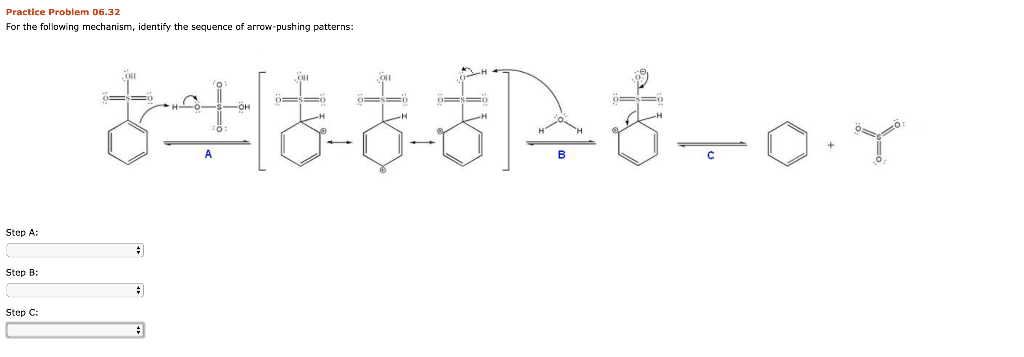

Recent studies have shown that polygenic risk scores derived from studies in European populations have lower predictive performance when applied to non-European populations 8, providing strong argument for conducting GWAS in non-European populations that are less represented in previously published studies. In addition, many trait-associated variants show differences in allele frequencies and effect sizes across populations 5, 6, 7 which may complicate the derivation of polygenic scores. Large-scale GWAS of many traits and complex diseases in Africans and Asians indicated differences in the genetic architecture between populations, but included few, if any, study participants from Arab ethnicities. Also, all GWAS conducted so far used genotyping arrays imputed on genome sequencing data from studies in which only few, if any, Middle Eastern genomes were present and therefore miss all population-specific signals. Middle Eastern populations are under-represented. However, most of the published GWAS studies performed to-date are from European, or East Asian populations 3, 4.

Genome-wide association studies (GWAS) have provided new insights into the genetic determinants of many clinically relevant traits and identified thousands of disease- or trait-associated genetic variants 1, 2. We observe that European-derived polygenic scores (PGS) have reduced predictive performance in the Qatari population which could have implications for the translation of PGS between populations and their future application in precision medicine.

We also report 17 novel and Qatari-predominate signals providing insights into the biological pathways regulating these traits. We find differences in linkage disequilibrium patterns and in effect sizes of the replicated loci compared to previous reports. Allele frequencies for replicated loci show higher correlations with European ( r = 0.94) than with African ( r = 0.85) or Japanese ( r = 0.80) populations. We identify 281 distinct variant-trait-associations at genome wide significance that replicate known associations. Trait heritability is more similar between Qatari and European populations ( r = 0.81) than with Africans ( r = 0.44). We report a genome-wide association study with 45 clinically relevant traits from the population of Qatar using a whole genome sequencing approach in a discovery set of 6218 individuals and replication in 7768 subjects. Clinical laboratory tests play a pivotal role in medical decision making, but little is known about their genetic variability between populations.


 0 kommentar(er)
0 kommentar(er)
